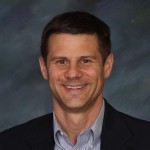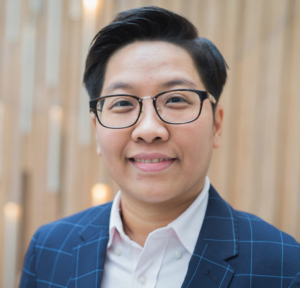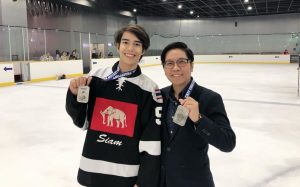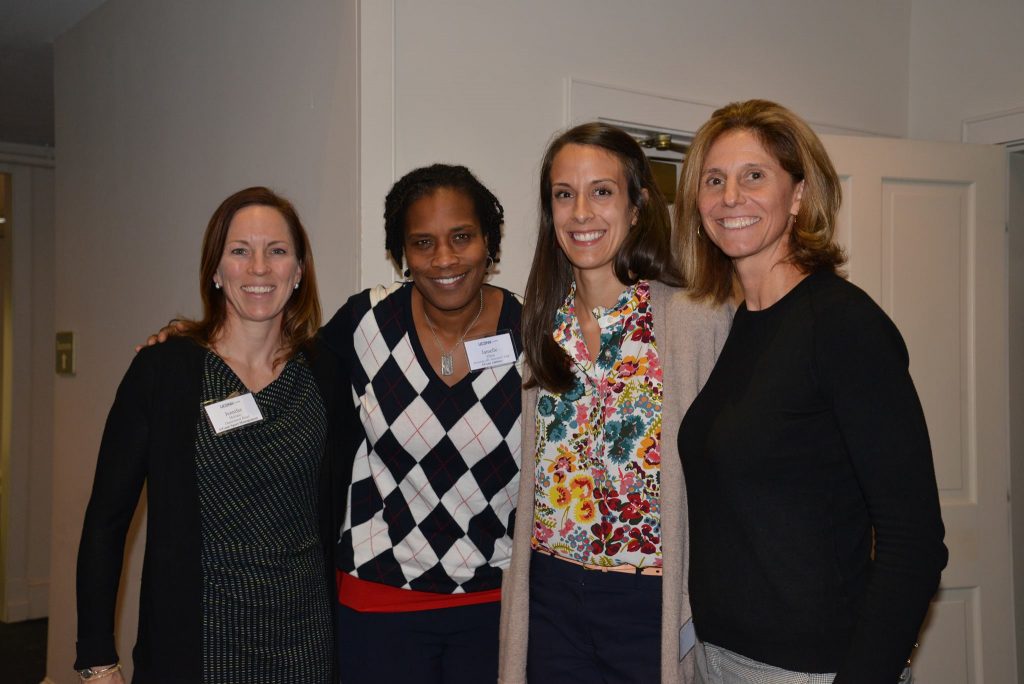
The saying goes, “it’s all about who you know” and this fall, UConn’s Sport Management Program successfully facilitated an incredible night of networking with sport professionals, at their annual Career Night in Sport Event, for its fifth year.
Although the idea of networking comes hand-in-hand with any profession, the event strategically hosted 22 sport management program alumni including current graduate students, who are now working in the field as sport professionals. Through various breakout sessions in addition to the keynote speaker, alumna Jamelle Elliott, the event focused on diversifying the networking experience by exposing its students to recent graduates and current graduate students in the Sport Management program.
This year featured a new approach which included six break-out forums, in the following areas:
- Broadcasting and Journalism
- Finding a Career in Sport
- Graduation to Graduate School
- Navigating the Field
- Sport in Education and Community
- Women in Sport
Students were invited to participate in two forums that appealed to their professional interests. Allowing students to choose these sessions exposed them to working professionals who shared real life experiences, their roadblocks and lessons, while simultaneously connecting them with local alumni as a means to hone in on their networking skills.
Department of Educational Leadership’s Program Specialist, Danielle DeRosa alluded to these changes and how these forums made the night’s more intimate and informative.
“This year we decided to reformat the event and change the structure to reflect one that was used a few years back. This allowed students and alumni to interact with each other in smaller groups that more directly aligned expertise and interests. In looking at the event feedback, it seems like both students and alumni really enjoyed it!”
The event also included valuable lessons shared by Jamelle Elliot, UConn’s newly appointed Associate Athletic Director. Elliot spoke about the ups and downs that relate to sport stating,
“A career in sport is never guaranteed, but with a combination of hard work, dedication, and proper goal setting, you will get to where you want to be.”
It is events like these that help UConn’s students realize their true potential and further prepare them for a competitive industry. The program continues to strive to provide opportunities like this throughout the year and appreciates everyone who contributed in making this a successful event.
Please visit the Neag School of Education's Facebook page for photos from the event.
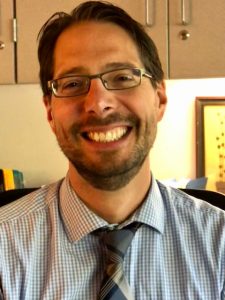
 “Reform to me means real, fundamental change,” responded Department of Educational Leadership Professor,
“Reform to me means real, fundamental change,” responded Department of Educational Leadership Professor, 